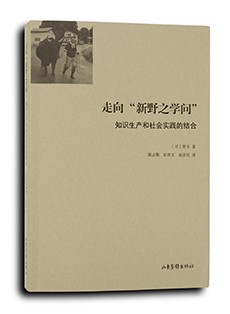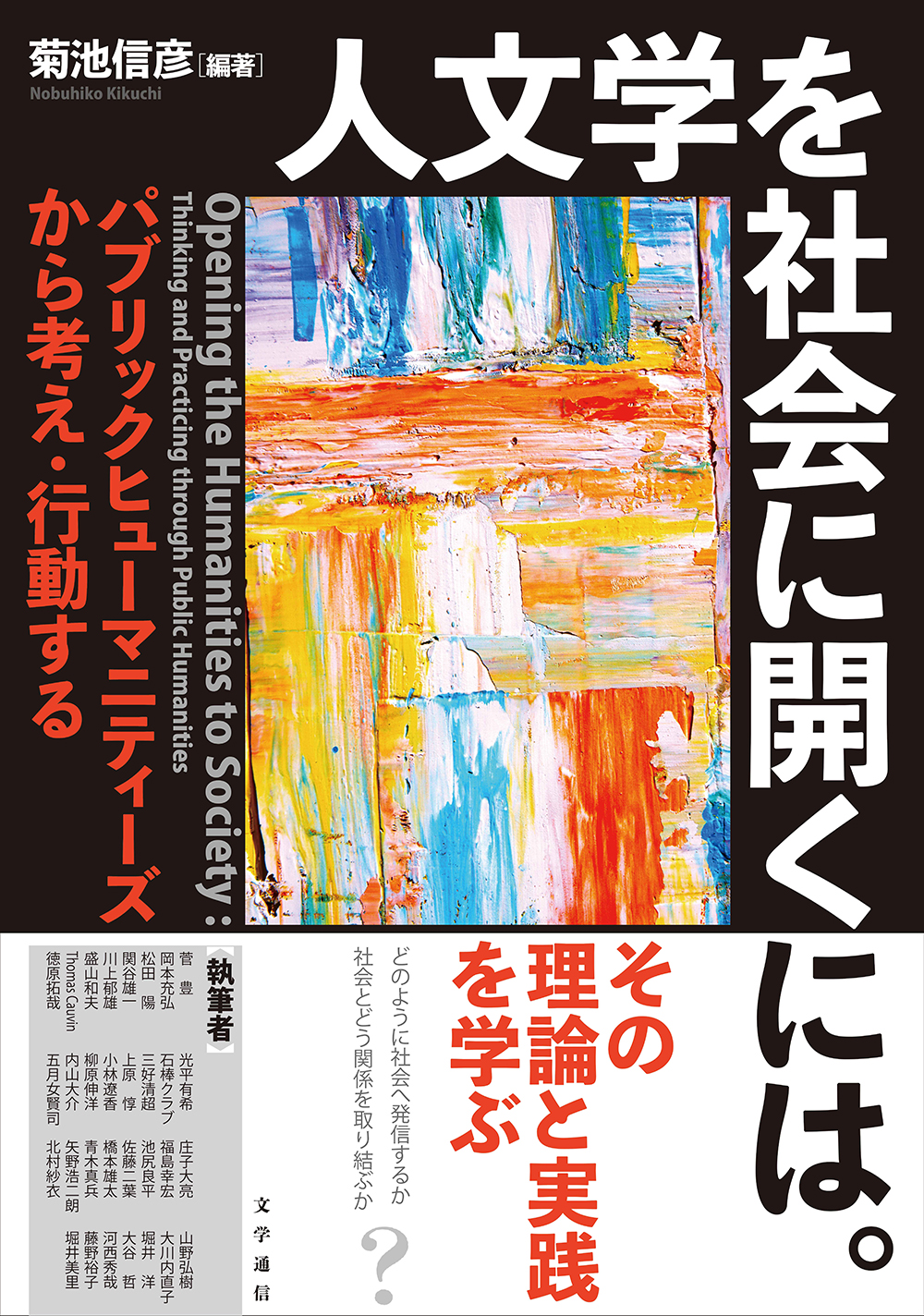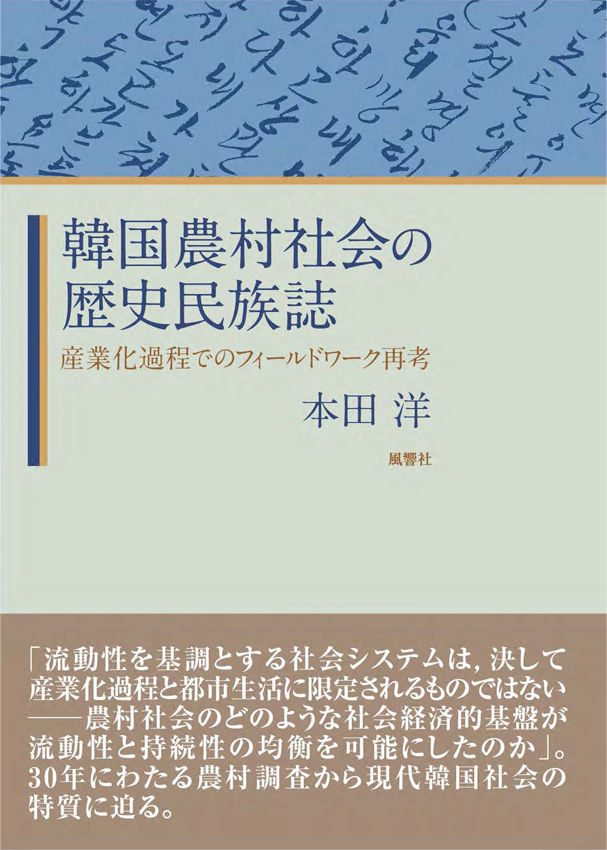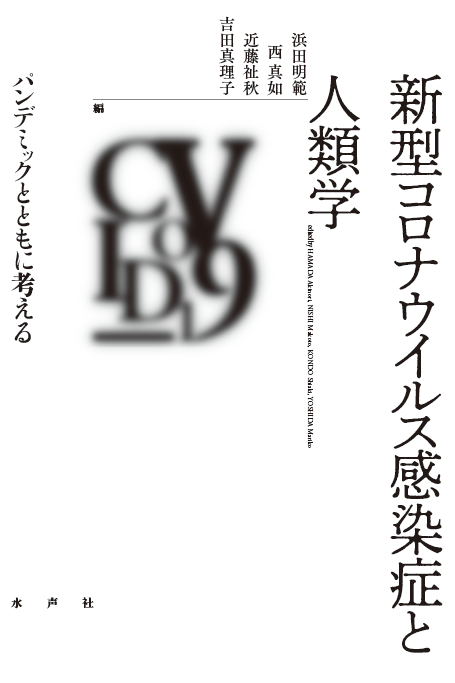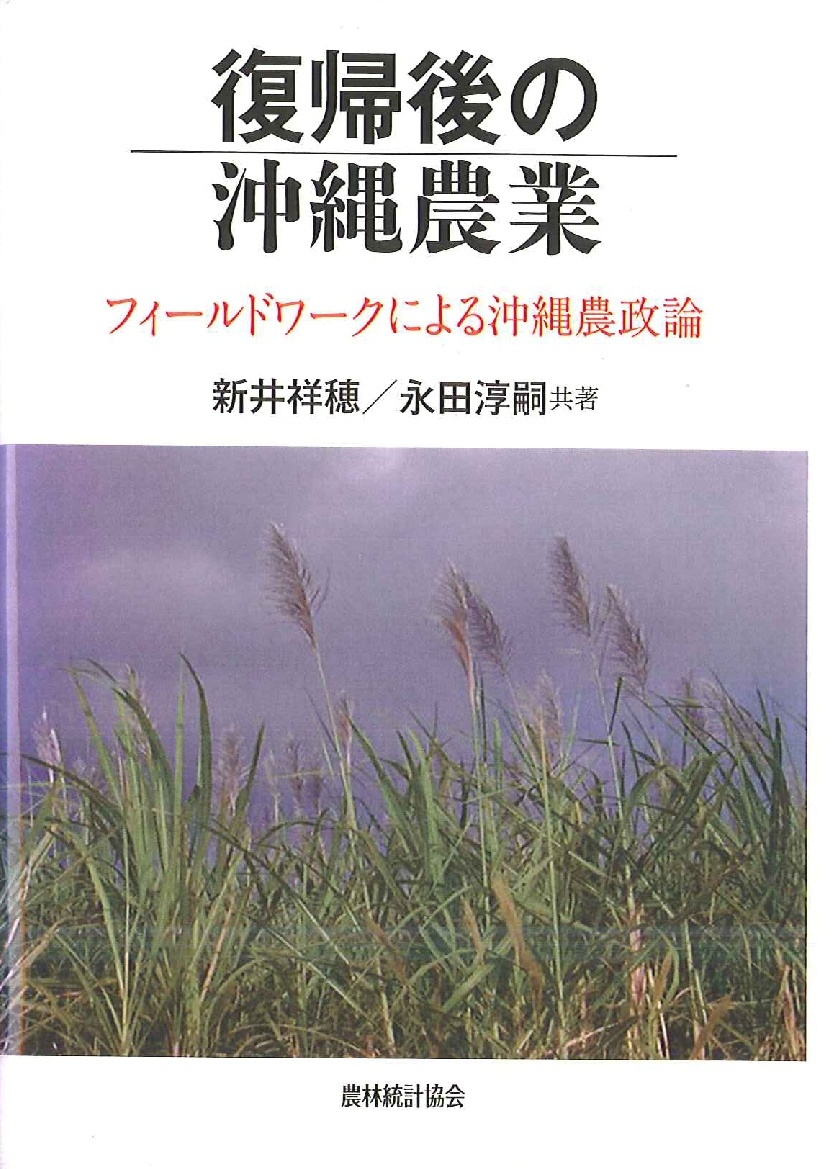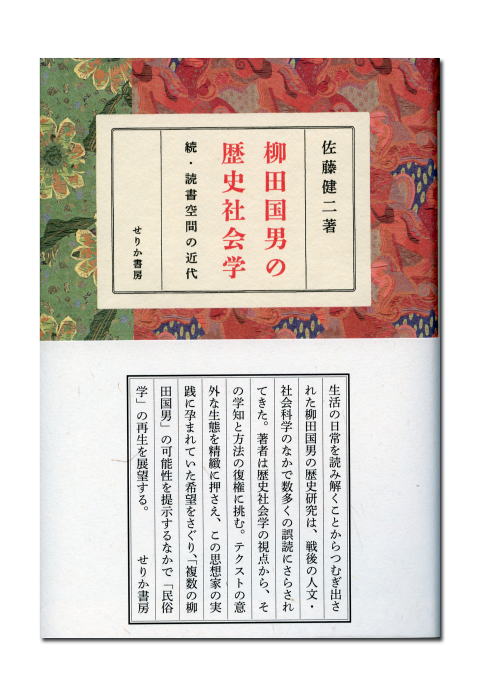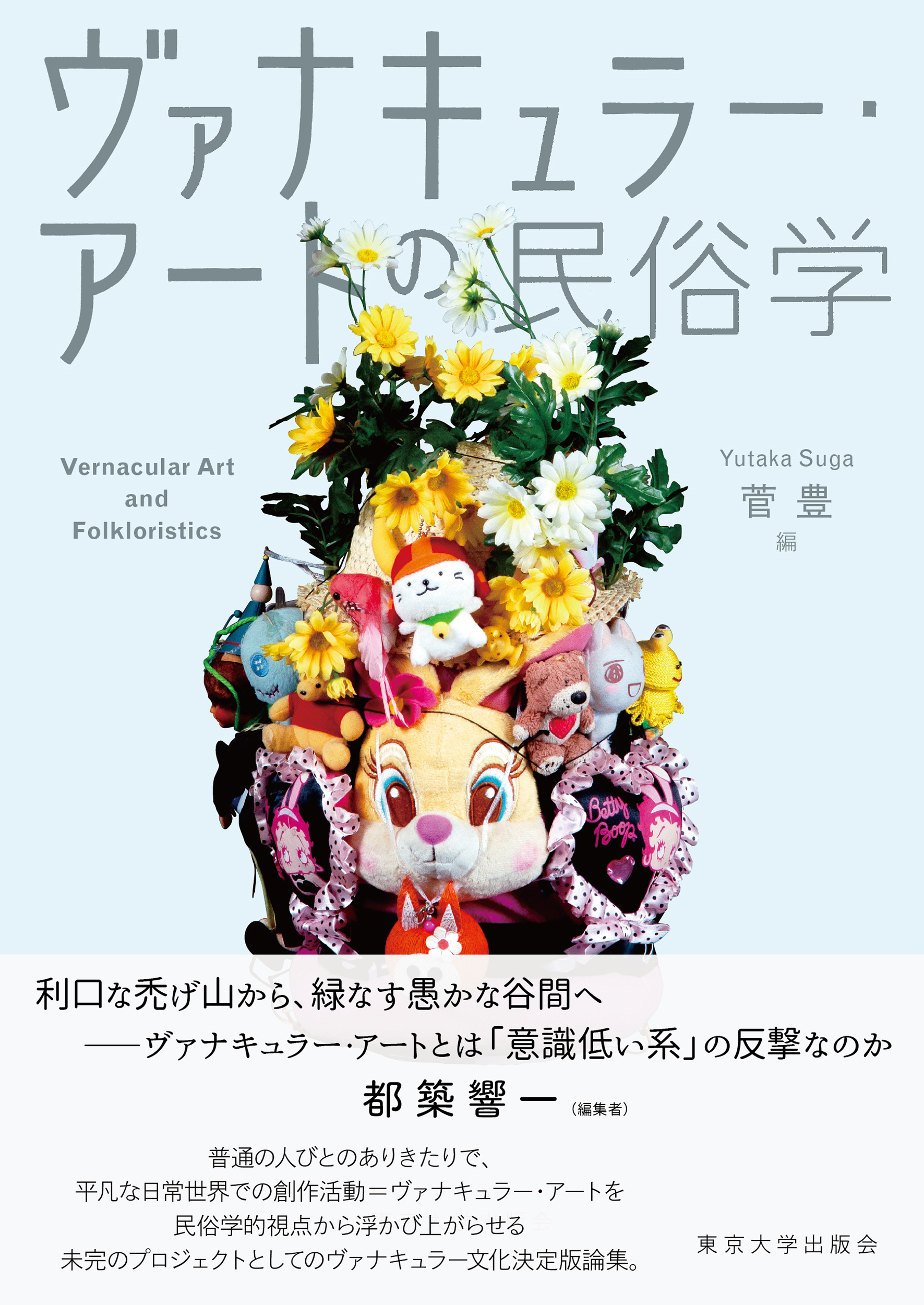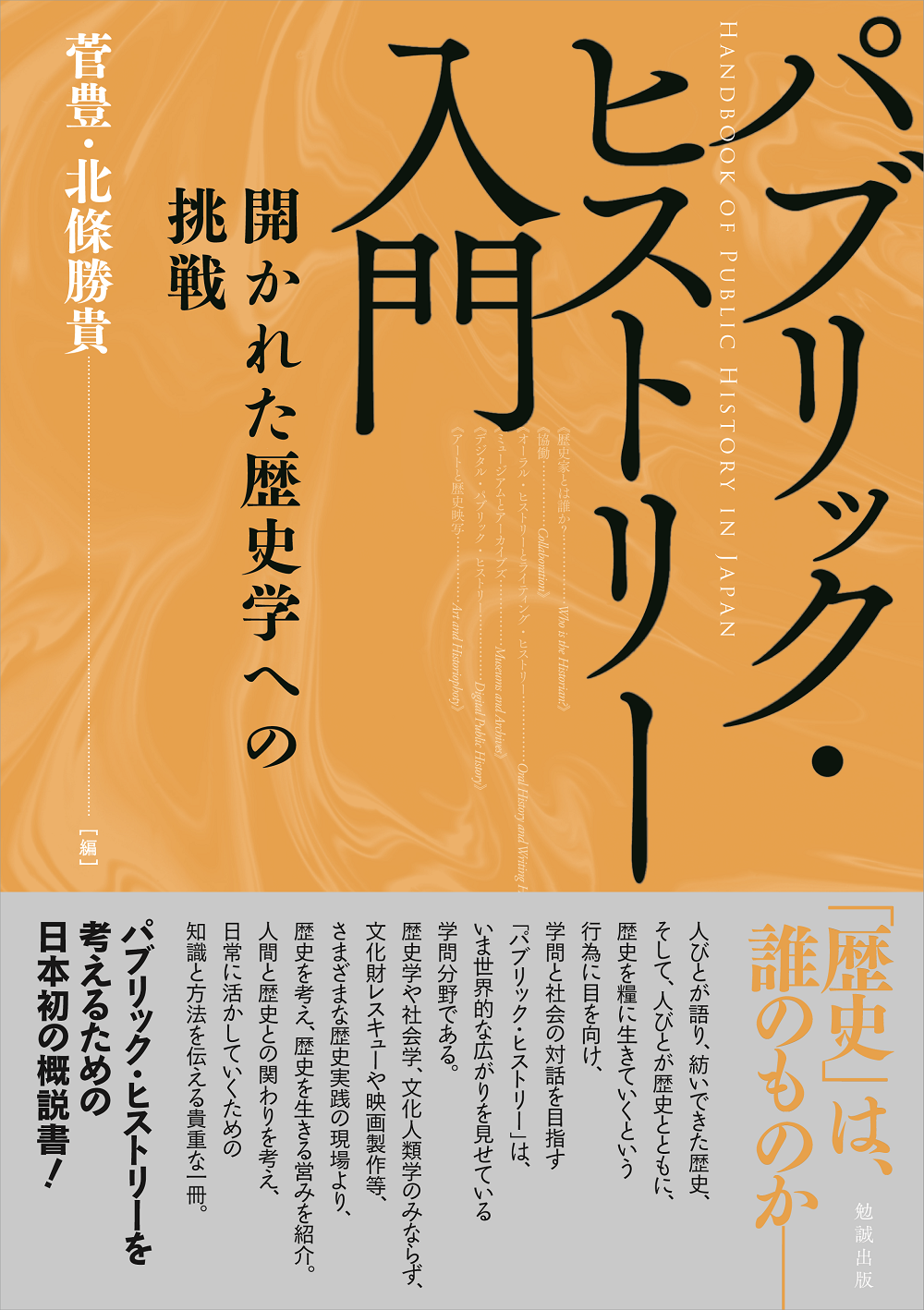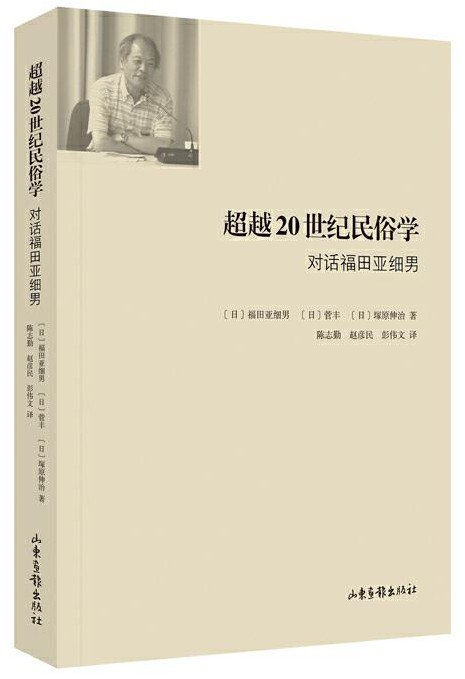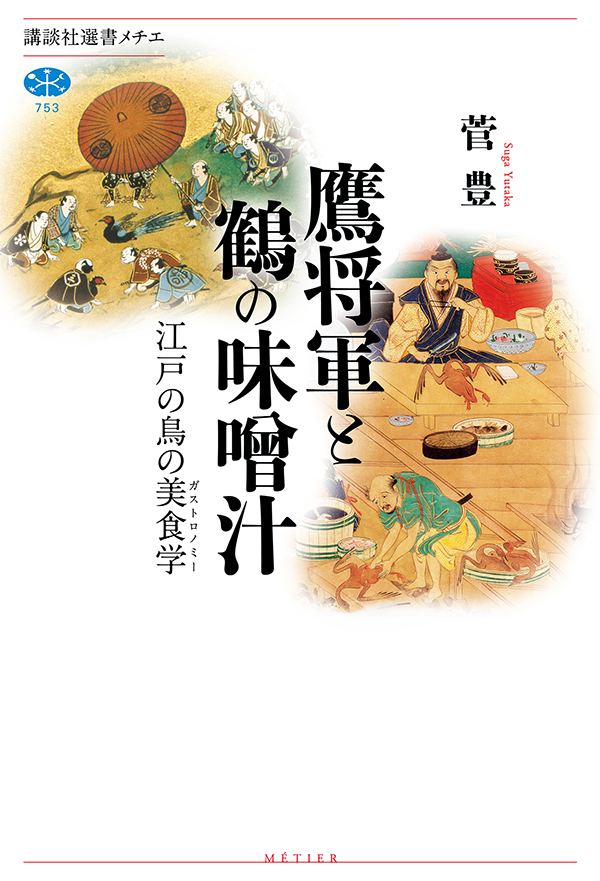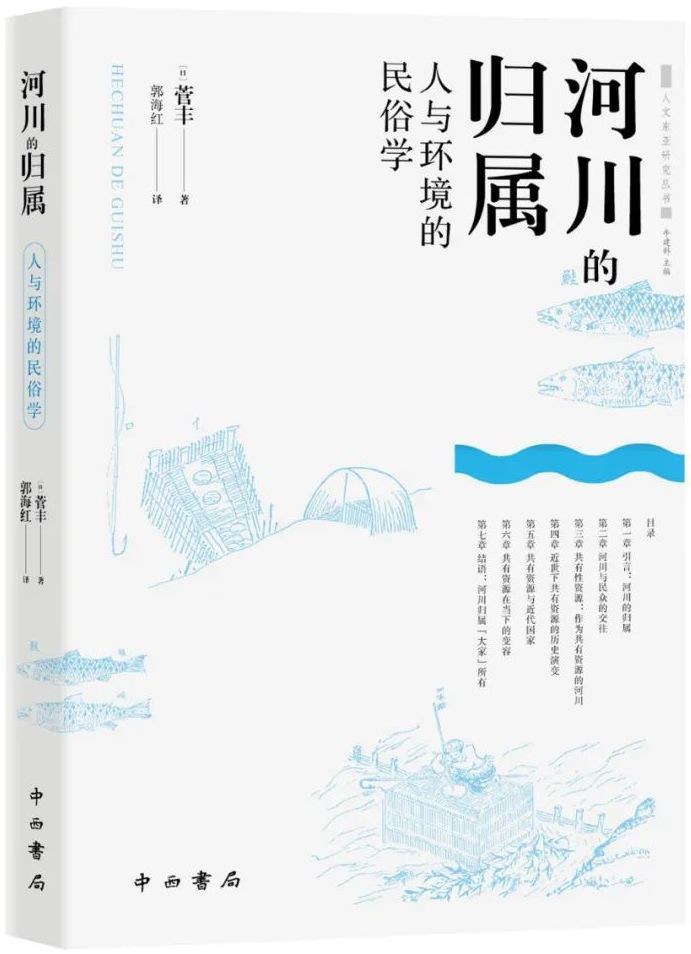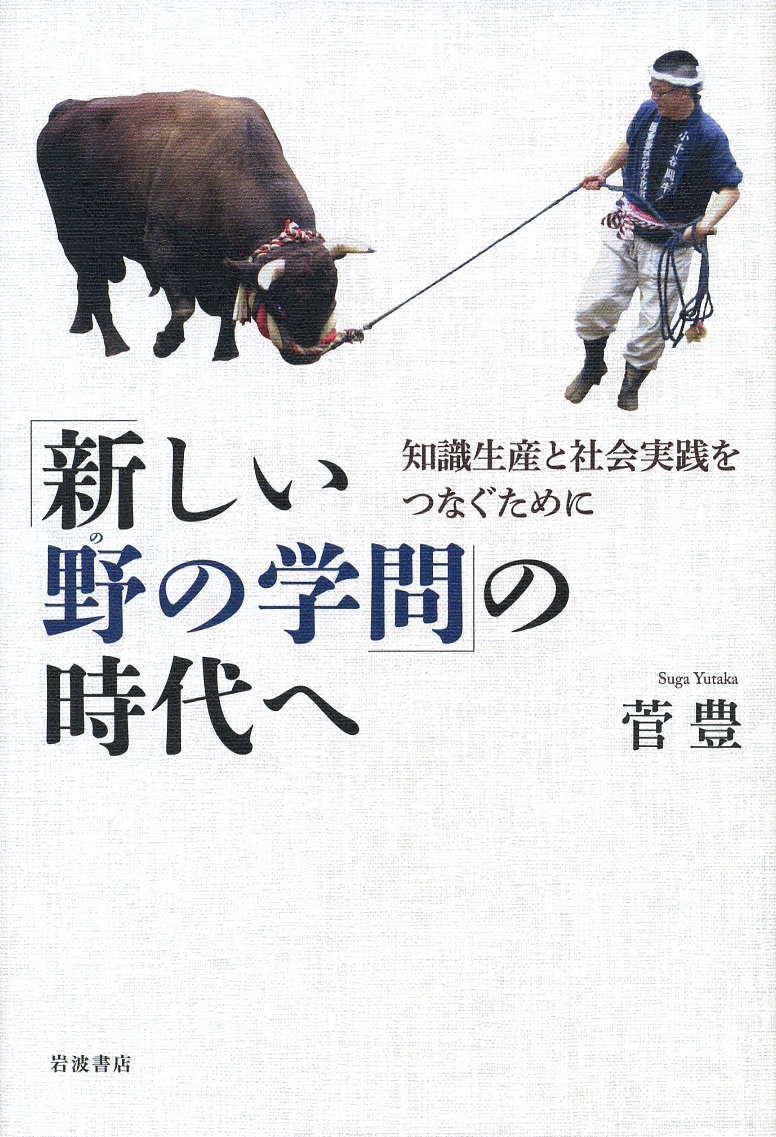
Title
Atarashii No no Gakumon no Jidai e (Towards a New Era in Grassroots Scholarship: Linking Knowledge Production and Social Practice)
Size
268 pages, 127x188mm, hardcover
Language
Japanese
Released
May 28, 2013
ISBN
978-4-00-022075-0 (out of stock)
Published by
Iwanami Shoten.
Book Info
See Book Availability at Library
Japanese Page
This book examines the nature of scholarship. Specifically, it proposes a particular direction for advancing modern scholarship. At present, new disciplines are emerging that do not confine themselves to the narrowly-defined disciplines of academism but, rather, rely on diverse knowledge, skills, and experiences. These disciplines represent a movement involving not only researchers and experts but, also, diverse stakeholders including the public sector (administrative bodies at the local and national level), private citizens, NPOs, and business enterprises, working together to produce knowledge. In this movement, real-world issues faced by individual people in the context of everyday life are identified, suitable methods are selected based on actual circumstances, and problems are understood inductively. In the past, knowledge production has been the exclusive realm of researchers and experts. The common people, for their part, have tacitly consented to this monopolization and, conversely, have left this task entirely to researchers and experts. The situation today, however, is different.
Starting with the Meiji Restoration in 1868, Japan began avidly importing Western knowledge and scholarship with the goal of rapidly catching up to Europe and the United States. Such effort, in large part, became the basis for kan gaku [governmental scholarship] tied to national policies aimed at modernization and Westernization as well as the basis for present-day Japanese scholarship. Meanwhile, in the background of the rapid rise of kan gaku, a movement referred to as minkan gaku [civil scholarship] to develop grassroots scholarship also emerged. Folkloristics, developed by the modern thinker Kunio Yanagita, is a prime example of such grassroots scholarship. Unlike the standard bearers of academism, who were steeped in orthodoxy and elitism, folkloristic scholars either did not belong to or found themselves outside the bounds of the academic community. Ever since, such scholarship has been referred to as no-no gakumon [grassroots scholarship]. The term no-no gakumon includes the sense of such scholarship being outside the orthodoxy, of being a community-based field science, of entailing practice that contributes to the lives of people, and of opposing or resisting power and authority.
Today, amid increasing demand for public scholarship, “new field scholarship” adapted to modern society is emerging. In today’s society, the ability and desire for people to identify issues in their immediate surroundings (i.e. the “field”), collect, analyze, and disseminate information, take action, create structures, and secure funding is much higher than in the age of no-no gakumon [grassroots scholarship]. It is against this backdrop that we have witnessed the rapid rise of “new grassroots scholarship,” wherein extra-academic actors (actors outside of academics) proactively work with diverse stakeholders to produce knowledge. These diverse actors include individuals outside academia who are equal in ability to researchers and experts and who play an important role as stakeholders. In response to such changing circumstances, academic disciplines themselves have started to restructure frameworks for research. This book examines the manner in which scientific technology and scholarship is being opened to the public at the global level, the need for such opening, and secondary problems arising from the opening process.
(Written by SUGA Yutaka, Professor, Institute for Advanced Studies on Asia / 2017)



 Find a book
Find a book


